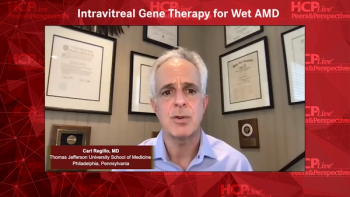
An overview of new gene therapy options for wet AMD that are currently being explored in clinical trials.

An overview of new gene therapy options for wet AMD that are currently being explored in clinical trials.
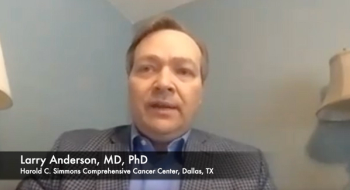
CancerNetwork® sat down with Larry Anderson, MD, PhD, at the 2021 ASCO Annual Meeting to talk about updated data from the KarMMa trial of CAR T-cell therapy idecabtagene vicleucel to treat patients with relapsed or refractory multiple myeloma.
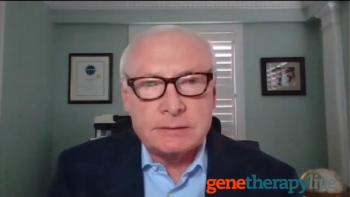
Locanabio CEO James Burns, PhD, discusses the firm's targeted approach to treating genetic disorders of the central nervous system and the eye.
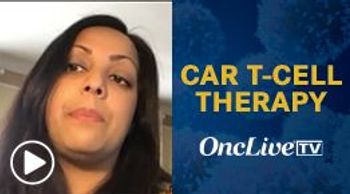
Monalisa Ghosh, MD, discusses the role of off-the-shelf CAR T-cell therapy in patients with multiple myeloma.
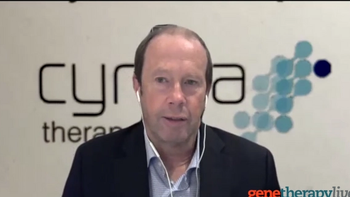
Ross Macdonald, PhD, managing director and CEO of Cynata Therapeutics, discusses the biotech company's approach to overcoming reproducibility challenges with mesenchymal stem cells.
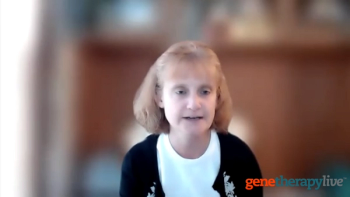
Maria A. Croyle, PhD, discusses the development of a novel film matrix that can safely and effectively store and transport AAV-based gene therapies.
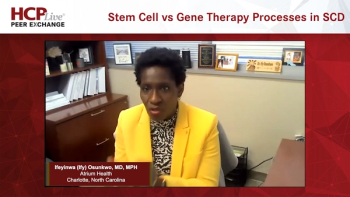
A discussion of the course of gene therapy compared with stem cell therapy.
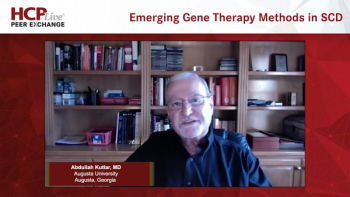
Experts review data around emerging gene therapy approaches in sickle cell disease.
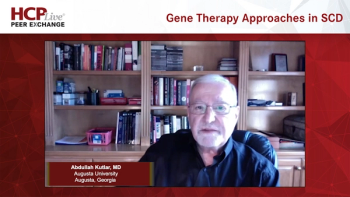
An overview of gene therapy in sickle cell disease as well as clinical trials underway in the space.
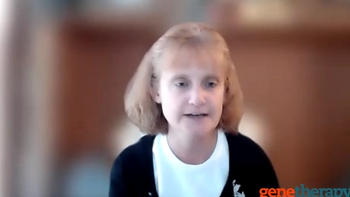
Maria A. Croyle, PhD, discusses the manufacturing challenges facing the gene therapy space and her inspiration for developing a novel preservation method for viral vector-based therapies.
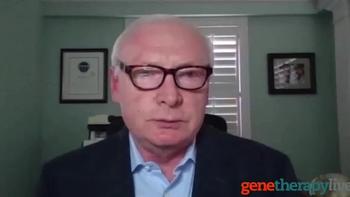
Locanabio CEO James Burns, PhD, shares his outlook on the quickly changing landscape of gene therapy research.
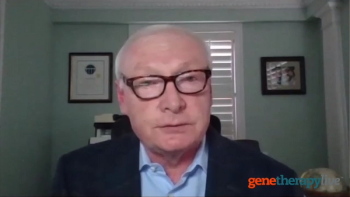
The CEO of Locanabio shares details of 2 presentations the company is making this week at the 24th Annual Meeting of the American Society of Gene & Cell Therapy.
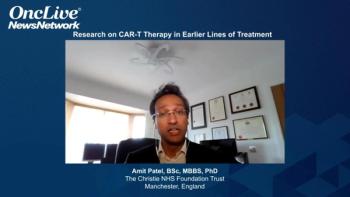
Amit Patel, BSc, MBBS, PhD, discusses currently ongoing clinical trials of CAR T-cell therapy in first- and second-line treatment settings and comments on potential developments on the horizon.
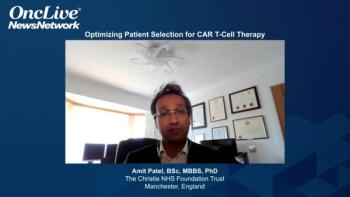
A key opinion leader in hematology and oncology shares insights on factors to consider for optimal patient selection and treatment sequencing, such as thresholds for tolerability, renal function, and cardiac ejection fraction.
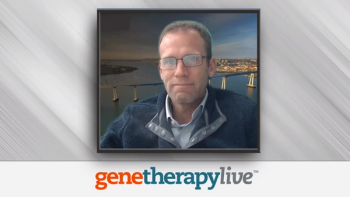
Lineage Cell Therapeutics CEO Brian Culley shares a clinical trial update on their leading cell therapy candidate and discusses the important role of the FDA as more players enter the cell and gene therapy space.
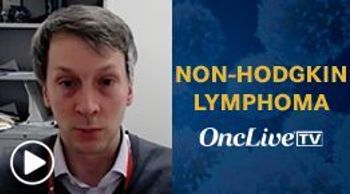
Christopher R. D’Angelo, MD, discusses factors that determine whether CAR T-cell therapy or autologous stem cell transplant should be used in patients with relapsed/refractory diffuse large B-cell lymphoma.
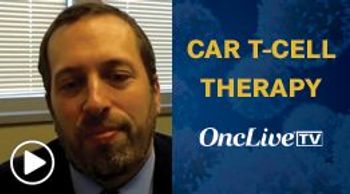
Michael R. Grunwald, MD, FACP, discusses the efficacy of 19-28z CAR T-cell therapy in B-cell acute lymphoblastic leukemia.

The CEO of Lineage Cell Therapeutics discusses their unique approach to addressing degenerative vision loss in dry age-related macular degeneration.
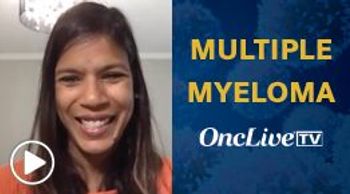
Nina Shah, MD, discusses potential future directions with CAR T-cell therapy in multiple myeloma.
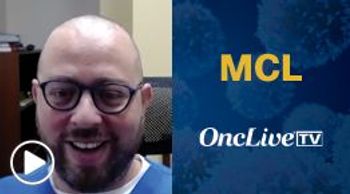
Alan P. Z. Skarbnik, MD, discusses the optimization of treatment sequencing with CAR T-cell therapy in mantle cell lymphoma.
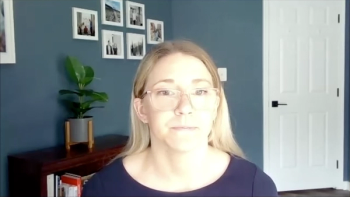
Megan Olsen, MPH, principal at Avalere, discussed how gene and cell therapies can offer new treatment options for patients with cancer.
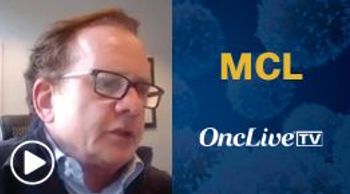
Andre Goy, MD, discusses the clinical implications of CAR T-cell therapy in mantle cell lymphoma.
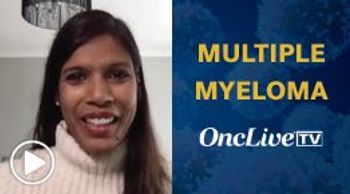
Nina Shah, MD, discusses the management of CAR T-cell therapy–related toxicities in multiple myeloma.
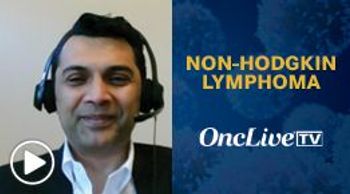
Nilanjan Ghosh, MD, PhD, discusses the potential advantages of moving CAR T-cell therapy into the frontline setting for patients with diffuse large B-cell lymphoma.
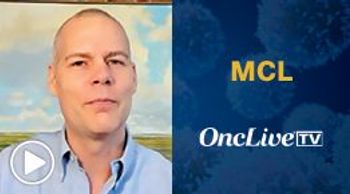
Peter Martin, MD, discusses selecting treatment for patients with high-risk mantle cell lymphoma.
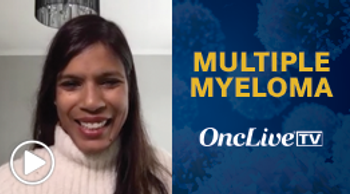
Nina Shah, MD, discusses the potential rationale for selecting between the investigational CAR T-cell therapies idecabtagene vicleucel and ciltacabtagene autoleucel in relapsed/refractory multiple myeloma.
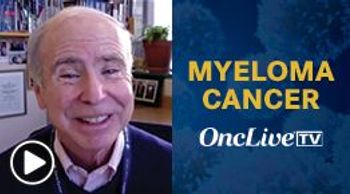
Kenneth C. Anderson, MD, discusses potentially addressing unmet needs in patients with multiple myeloma through the use of the mRNA-based CAR T-cell therapy Descartes-11.
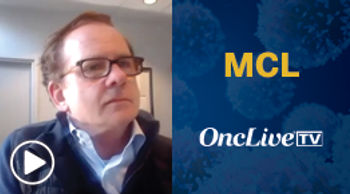
Andre Goy, MD, discusses the next steps with CAR T-cell therapy in mantle cell lymphoma.
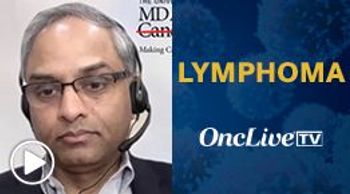
Sattva Neelapu, MD, discusses the management of toxicities associated with CAR T-cell products in patients with lymphoma.
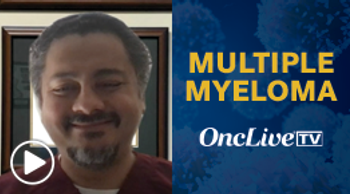
Saad Z. Usmani, MD, FACP, discusses the potential utility of allogeneic CAR T-cell therapy in multiple myeloma.